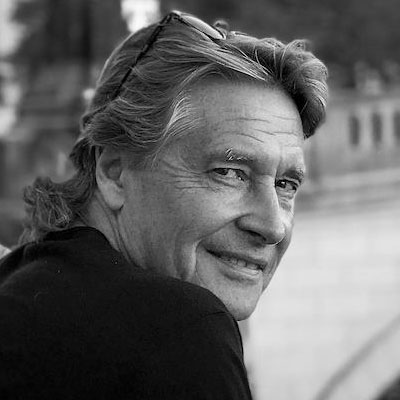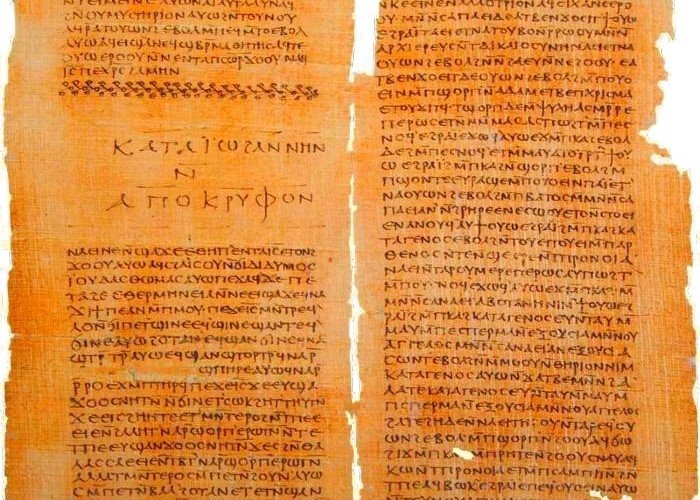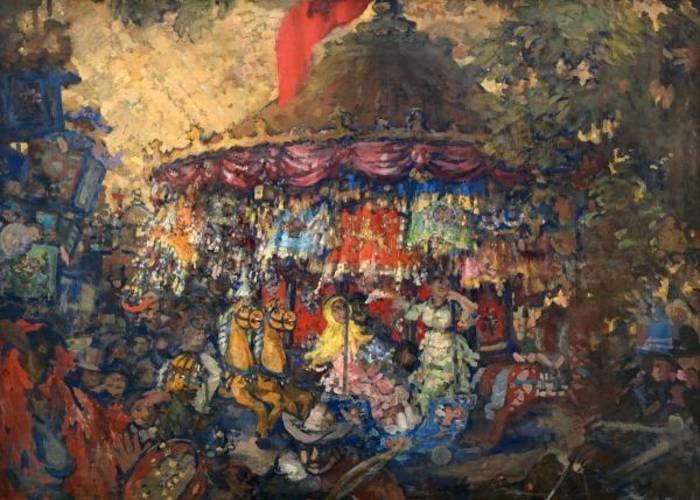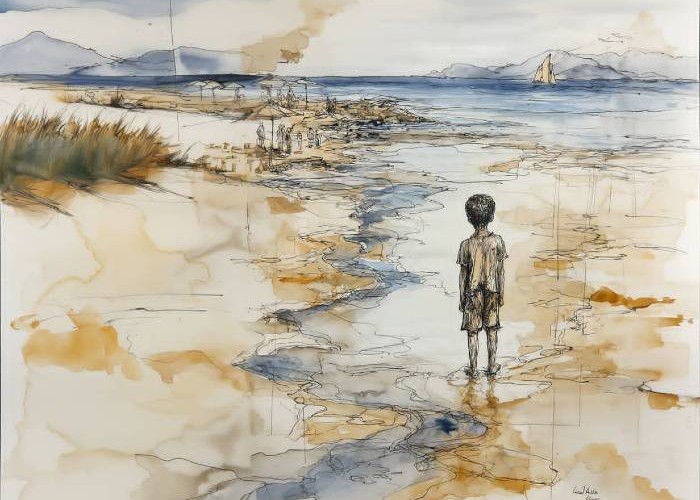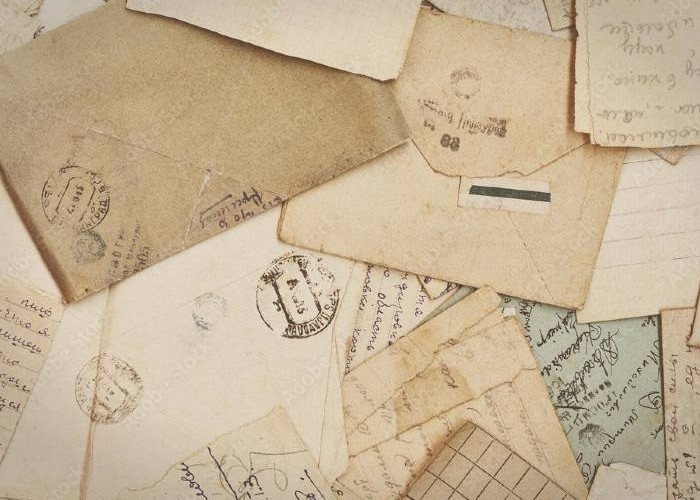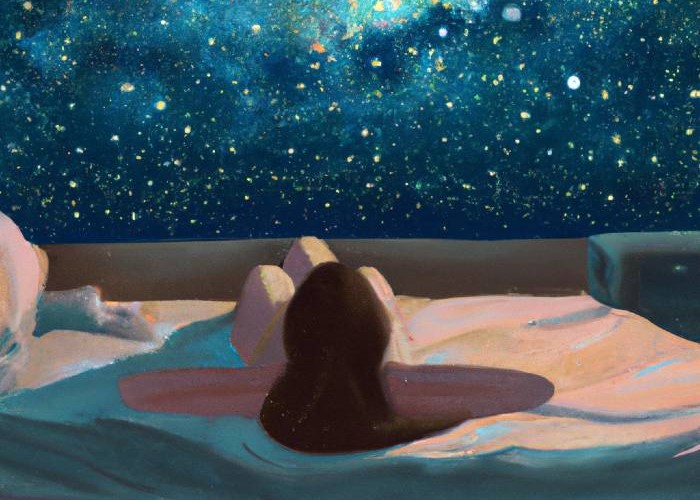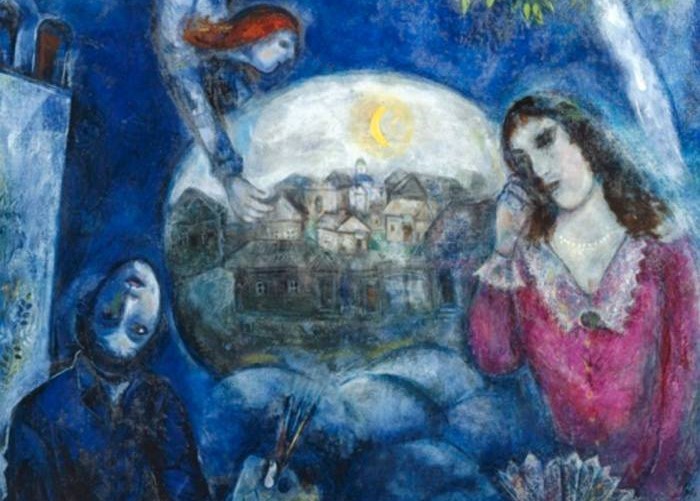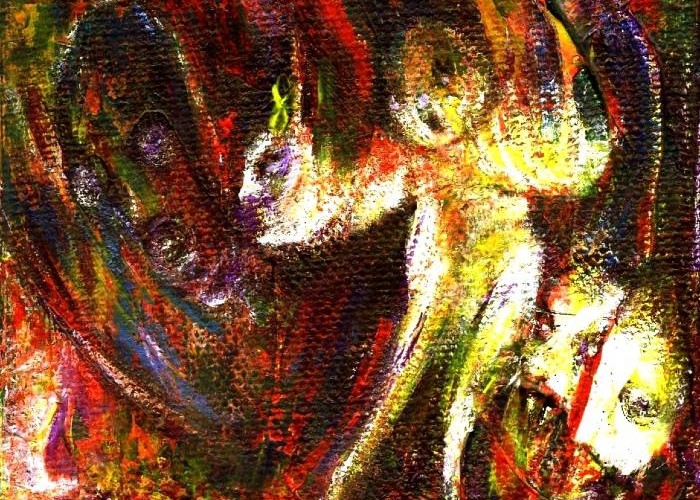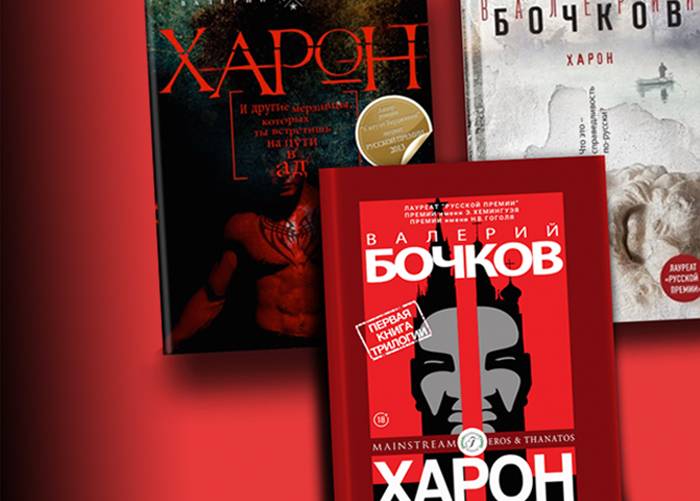I ran away when I was fourteen. That was my second time; the first was back in Russia when I bolted from the orphanage in Zvenigorod. I’d just turned nine, and I was a snot-nosed punk. They picked me up two days later at Kazansky Station in Moscow.
I took a more mature approach this time around. I got my hands on an army compass and printed out a large, detailed map—it showed the big dirt roads, but also the little trails, fords, streams, and springs.
I scraped together ninety-five dollars from all my loose change and the money they gave me to go to the movies and stowed a down sleeping bag in my backpack—I’d haggled the one-eyed sergeant at the flea market down to twenty bucks for both of them—an aluminum canteen, five bags of hardtack with raisins and nuts in it, and a big red apple.
I hid a knife in the side pocket of my backpack, a real hunting knife with predatory notches at the end of the blade, and a tiny, nearly imperceptible, yet dispiriting “Made in China” label. Knives should be made in Mexico, Morocco, Spain, or someplace like Toledo by skinny, tan guys with brown hair and confident faces—guys that look like pirates. Or maybe in Sweden, among remote fjords and cranberry marshes, or at the very worst in Finland, but certainly not in China.
I took a bus from Chicago to Virginia; oddly enough, I was fleeing south once again, albeit in a different hemisphere. At a diner in Richmond, I chatted up some tiny old lady and got her to give me a ride to Monticello in her pink Plymouth. Then I rode in a logging truck loaded with fragrant pine down to Owl Creek.
I grew up in state-run facilities, inside institutional walls, painted mouse gray, cold and wet to the touch, where feelings were classified according to their degree of rationality and the word “survival” was used literally. Fear is a destructive emotion. Fear interferes with survival. I was far from brave but learning to not be afraid was a purely rational matter. The week I was transferred to the older group, over there, in Zvenigorod, Goga was found hung in the showers. They chalked it up to suicide, although there was a shiv sticking out of him, just beneath the shoulder blade. Everyone knew it was Horsetail’s shiv. Juga and Woodpecker helped him hang the corpse. Everyone knew that, too. Goga stood up for me one time, but I didn’t say a word after he was killed. I chickened out and betrayed him, as that was the rational thing to do. I didn’t tell anybody—not the Blakes or anyone at school—about the orphanage, and not just because my English was pretty weak. I just didn’t want to immerse myself in that stratum of pain again. Well, that, and nobody really would’ve gotten it anyway.
The logging truck disappeared around the bend. I took out my map, and the name Owl Creek stood out at once. The actual creek wasn’t on the map. I stood on the side of the road next to a rusty sign so shredded by buckshot it looked like a sieve. Cicadas buzzed gratingly somewhere nearby. The sun was setting, and the tops of the roadside pines—intricate lace against the backdrop of the pink sky—shone darkly. Little clumps of cloud floated eastward. For a second there, it seemed like I could see the Earth spinning—the pines and the purple woods behind them wheeled quietly under an unmoving marshmallow dome.
The trail went uphill. The fallen pine needles, brown and soft like a bearskin, felt delightfully springy under my new sneakers. A hawk darted off a branch mutely, swooped under the boughs, and then blazed upwards. I shuddered with surprise; one of the bird’s wings had nearly grazed me. A stream was grumbling about something or other off to my left, behind a thick haze. A pocket of cold, damp air was drifting towards me.
A meadow opened up ahead, behind the black trunks. A man in a long jacket stood at the far end, aiming a shotgun at a gnarled stump. It was getting dark quickly, fog crawled along the grass, and it seemed like the man had waded up to his knees into some muck. The gnarled stump suddenly came alive, and the man leaped back. By this point, I had stepped into the meadow and seen that the stump was actually a wolf. Its front paw was caught in a trap. The animal wasn’t whimpering; it watched the man and the shotgun in silence. I came a little closer. The wolf’s hopeless, wistful eyes locked on mine. Then it resignedly looked towards the woods.
“What are you doing? That’s just not right. Wait!” I shouted, my fists clenched. “Don’t!”
The man turned around, his expression surprised. “Are you Polish?” he asked. He was wearing a rumpled canvas jacket, seemingly patched together out of old bags. His shaved, boxy head looked faintly like a crayfish’s. It must’ve been his pinkish-red skin or his off-white, bulging eyes and gray lashes. “Crayfish Tails,” I suddenly remembered there was a type of candy in Russia called that. “What a strange name.” The man had no eyebrows.
“I’m Russian, not Polish,” I snapped back.
“Alright, whatever, just beat it already.” The wolf was listening; I could see his ears pricking up. The pine forest grew darker and inched towards me. The sun had set somewhere beyond. In parting, it illuminated the sky with a tender, nearly magical peach-colored glow. A mercurial vein stretched out diagonally—the wake of an airplane.
“Come on, what if you were unarmed and somebody went after you like that?” I jerked my backpack up angrily.
“Like what?” he asked quietly.
“Like that, point-blank.” A shiny, pink hue touched his crayfish face; it seemed like his short nose was coated in varnish. He cracked an unexpected smile, his large teeth jutting forward.
“What’s your name, bud?” He walked over and stood right in front of me.
“Nikolai.”
“Do you really think killing is that easy, Nikolai? Just pull the trigger. That’s all it takes, yeah?”
The crayfish was a real beanpole, a head taller than me. He reeked, like wet wood in a campfire or something—it was a bitter, vile stench. He spat on the grass.
“My father used to say to me, ‘you have to kill something every day. It could be a fly, a rat…Every day…”, the crayfish said, chuckling. “That way, you won’t falter at the decisive moment. At the decisive moment…”
Then he just handed me the shotgun.
“Take it! See for yourself,” he said. The shotgun was an old double-barreled Remington. It was bulky, much heavier than I’d expected. His clammy hands had made the grip warm and slippery. My pointer finger cautiously rested on the oily metal. I’d always thought that guns gave you more confidence, but I just felt bewildered and a little awkward.
“Stock against your shoulder…Just like that…”
“I know…” I pressed the stock firmly against my shoulder. “What now?”
The crayfish took a step back, grabbed the barrels of the Remington, and put them against his chest. I froze. I wanted to swallow but my mouth was bone dry. My finger quivered on the trigger.
“What now?” he mocked me, his voice quiet.
His bulging eyes hypnotized me. I couldn’t look away from those watery, puffy eyes, those pink blood vessels, those white lashes like hog hair. It popped into my mind that he was probably an Albino.
“Well, Nick?” he asked, his voice still quiet. “Can you do it? Have ya got the stomach?”
The Remington was suddenly twice as heavy. I was incredibly thirsty. A queasy feeling rose towards my throat; a bead of sweat slid between my shoulder blades and tickled my back. It’s unlikely I would’ve had the strength to hold the shotgun if it hadn’t been pressed against his chest.
“You see,” he said gently. “Killing isn’t all that easy. You gotta learn it.”
His left hand grabbed the shotgun; my fingers released it all by themselves. He seized the grip with one deft movement, pressed the barrels against the wolf’s head, and fired.
Translated from the Russian by Reilly Costigan-Humesand Isaac Stackhouse Wheeler
“Charon” was published in Germany, Ukraine, Russia, and the US.
